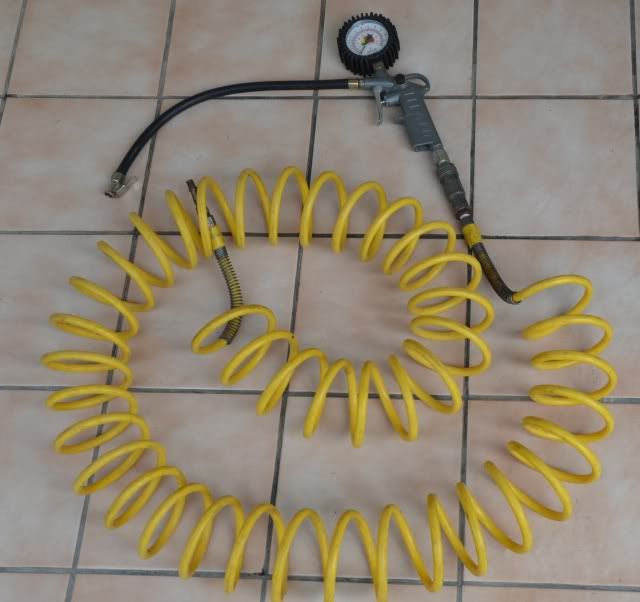Peter Cee
New member
Off for a tour of Spain in June and feeling an irrational desire to fill the tyres with Nitrogen.
Remembering when I was last there a few years ago and came across a brand new Motorway in the middle of nowhere, so deserted that it felt like it hadn't been opened yet. - eventually I came accross a car on the other carriageway so that made me feel less nervous.
Inevitably all that nice smooth tarmac led to an icrease in speed till I was just the naughty side of 160mph - trouble is when I looked at the instruments the outside temperature gauge was showing 36 Dec C and I started to wonder just how hot the tyres might be getting after 15 minutes or so at that speed, so I eased down quite a bit.
Any of you Boffins out there care to give me an idea as to the effect of filling the tyres with nitrogen might be for use in those type of conditions.
Will the pressure increase due to temperature rise be sgnificantly less?
Remembering when I was last there a few years ago and came across a brand new Motorway in the middle of nowhere, so deserted that it felt like it hadn't been opened yet. - eventually I came accross a car on the other carriageway so that made me feel less nervous.
Inevitably all that nice smooth tarmac led to an icrease in speed till I was just the naughty side of 160mph - trouble is when I looked at the instruments the outside temperature gauge was showing 36 Dec C and I started to wonder just how hot the tyres might be getting after 15 minutes or so at that speed, so I eased down quite a bit.
Any of you Boffins out there care to give me an idea as to the effect of filling the tyres with nitrogen might be for use in those type of conditions.
Will the pressure increase due to temperature rise be sgnificantly less?











